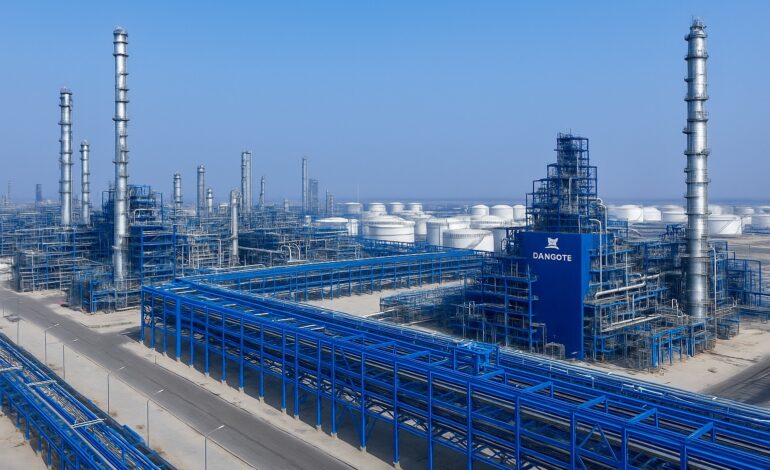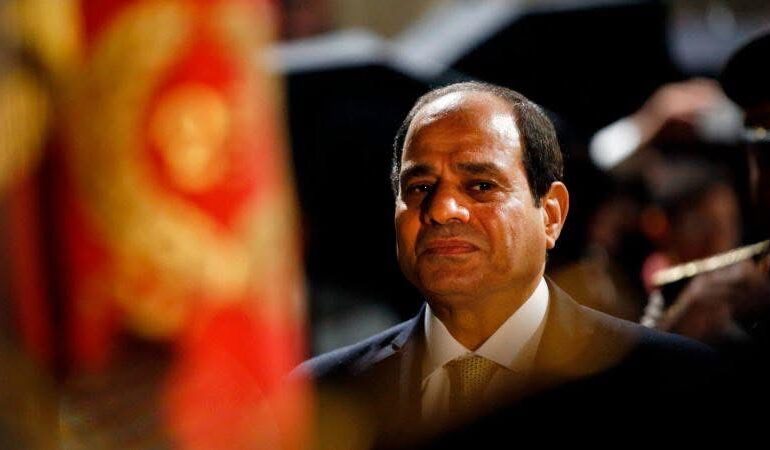
Faith Nyasuguta
Egypt’s President Abdel Fattah al-Sisi has delivered one of his strongest public rebukes of Israel in recent years, warning that its current policies are “blocking the road to peace” and threatening regional stability. Speaking at an emergency Arab-Islamic summit in Doha, the Egyptian leader told fellow heads of state that recent Israeli decisions had “hindered the future of peace, threatened your security and the security of the peoples in the region, and added obstacles to chances for any new peace agreements and even aborted existing ones,” according to remarks carried by Reuters.
Sisi’s words echo frustration across the Arab world, where governments see hopes for a negotiated end to the Gaza war slipping away. Egypt, which signed a peace treaty with Israel in 1979 and has often played mediator between Israelis and Palestinians, has been particularly alarmed by the latest escalation.
In August, Cairo welcomed Qatar’s Prime Minister Sheikh Mohammed bin Abdulrahman Al-Thani for high-level talks aimed at securing a Gaza ceasefire. At that time, Hamas had publicly signaled it would accept a truce, raising cautious optimism among diplomats.
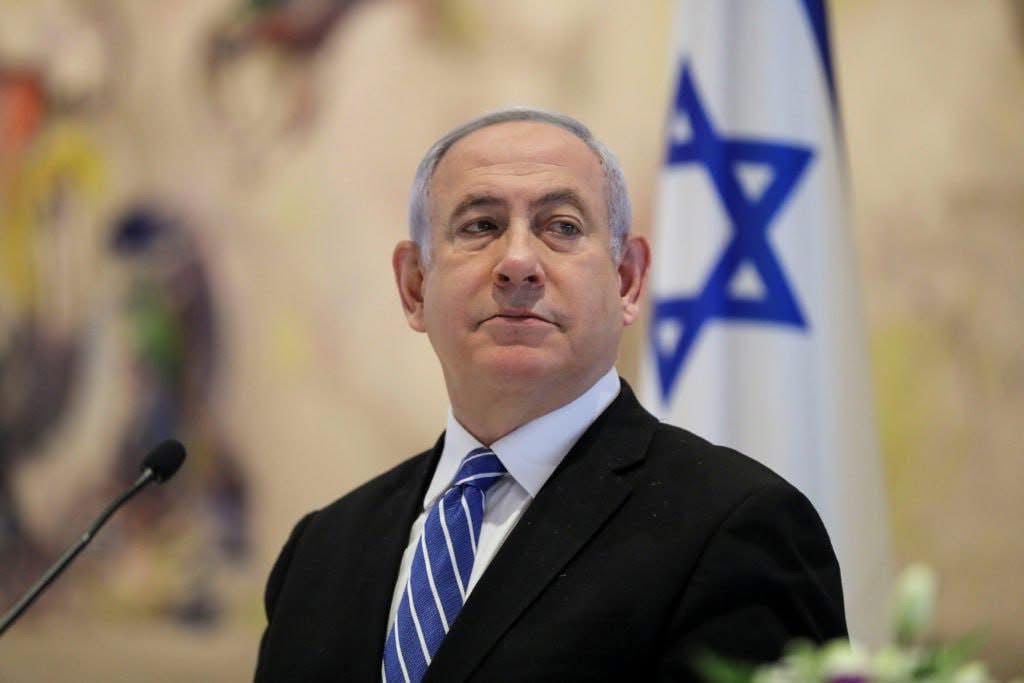
Yet instead of easing, the conflict has worsened. Reports surfaced of an unprecedented Israeli strike on Qatari soil aimed at Hamas operatives, a move that enraged many Arab capitals and triggered the emergency summit where Sisi spoke. Delegates accused Israel of “hostile acts including genocide, ethnic cleansing and starvation,” allegations that Israel has strongly denied.
The war between Israel and Hamas – the Palestinian militant group that controls Gaza – began with Hamas’s surprise attack on Israel on October 7, 2023, which left hundreds of Israelis dead and dozens taken hostage. Israel launched massive retaliatory airstrikes followed by a ground offensive, vowing to dismantle Hamas permanently. Tens of thousands of Palestinians have since been killed, most of them civilians, and Gaza’s infrastructure lies in ruins. Israel insists it is acting in self-defense and blames Hamas for embedding fighters among civilians.
In August, diplomats believed a breakthrough might be possible. According to people familiar with the talks, Hamas had agreed to release roughly half of the hostages it captured during the October 2023 attack. In return, Israel would free several Palestinian prisoners and pull back troops from parts of Gaza. Egyptian Foreign Minister Badr Abdelatty told Al-Qahera TV at the time that a deal could be reached “very soon” if Israel showed “political will and good intention.”
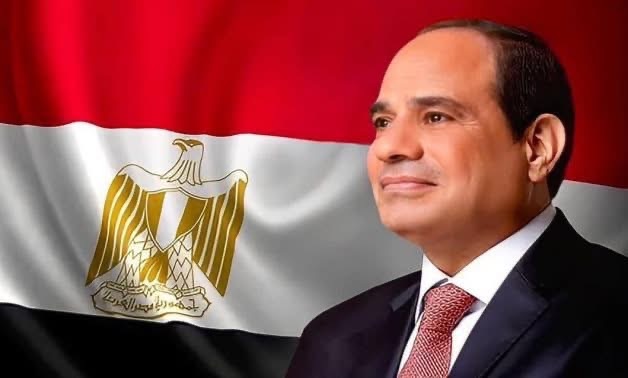
But by late September, that cautious hope had evaporated. US Ambassador Mike Huckabee told Israel’s Army Radio that talks had “apparently started again,” yet also emphasized the United States’ alignment with Israel’s demand that Hamas be dismantled as a governing and military force in Gaza. “I don’t know what their motivation is, other than maybe to delay things,” Huckabee said of Hamas. “But we just have to keep the focus.”
Sisi’s remarks in Doha highlights Egypt’s growing impatience. Cairo fears that continued war will destabilize its own borders, unleash new waves of refugees, and undercut its decades-old role as a regional peace broker. Egypt has long been the main passageway for humanitarian aid into Gaza and has hosted numerous rounds of Israeli-Palestinian negotiations, but the deepening violence now threatens even that limited channel.
Beyond condemning Israel, Sisi used the summit to call for renewed international pressure to revive peace efforts, warning that every month of continued fighting “creates new wounds that will take generations to heal.” Analysts say his comments reflect not just moral outrage but also Egypt’s strategic concern: as long as Gaza burns, no new regional agreements – such as the US-brokered normalization deals Israel had been pursuing with Arab states – can realistically move forward.
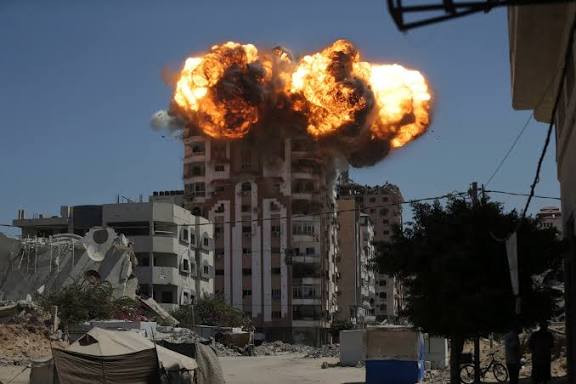
For now, the war shows no sign of ending. Israel maintains that only the total defeat of Hamas can secure its citizens, while Hamas claims to be resisting occupation. Ordinary Palestinians and Israelis continue to bear the brunt of the bloodshed. Against this grim backdrop, Sisi’s warning in Doha may be seen as a plea for action – and a signal that even Israel’s oldest Arab peace partner is losing patience.
RELATED:







